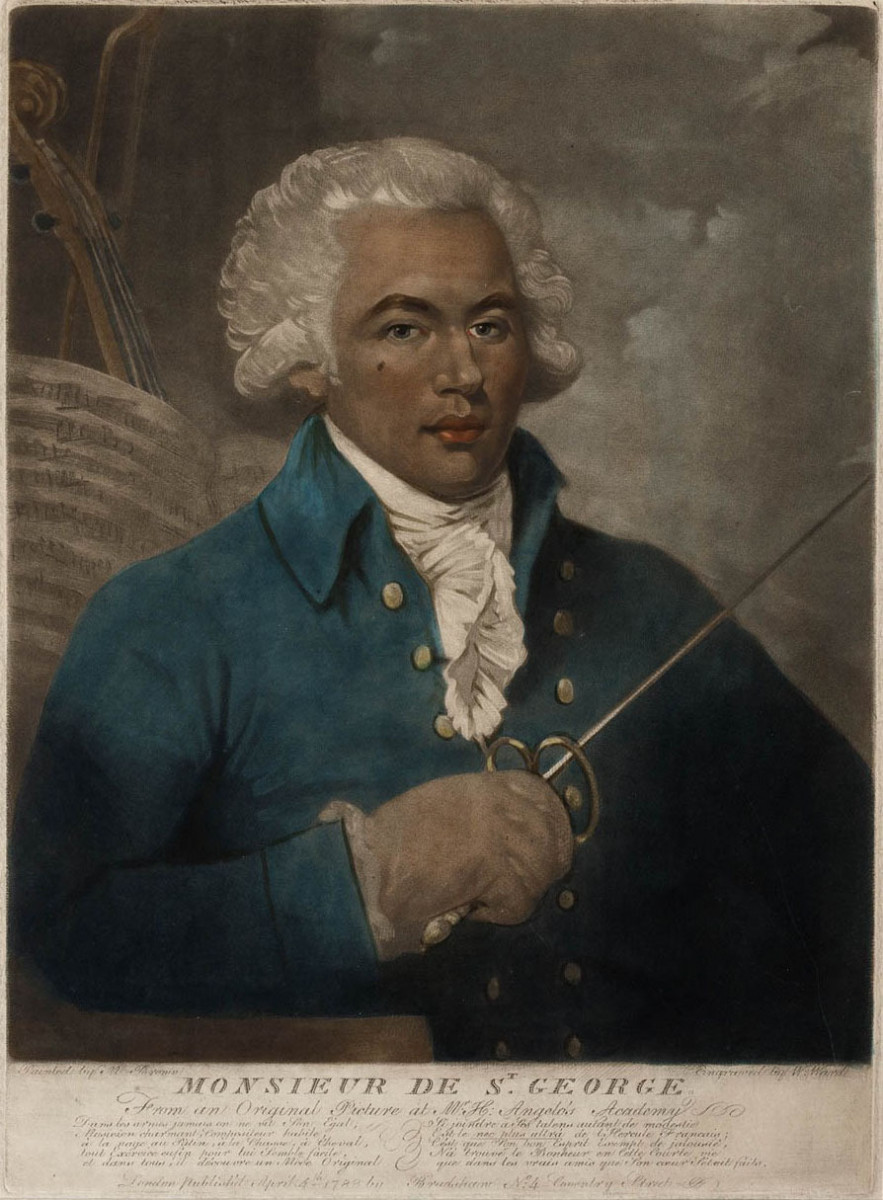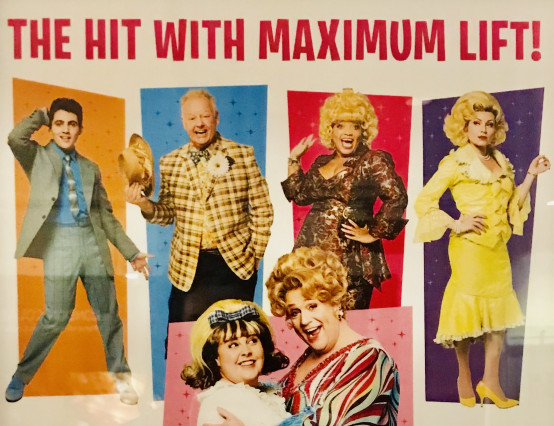She started by sharing her lonely experience growing up a black woman in the unoriginally white male climate of western classical music. She spent almost 20 years of her practical and academic music education feeling alienated and unable to see her place in the artform. It wasn’t until an illuminating exchange year in Canada during her bachelor’s degree that she discovered Florence Price and her ethereal Fantasie Negre for solo piano. This welcomed a new and necessary perspective of classical music into her life.
Everyone knows of Scott Joplin and some of Samuel Coleridge-Taylor, but these composers are only the tip of a critical iceberg. Throughout the last four centuries, there have been countless black classical composers, some playing as crucial a role in the development of classical music as the likes of Mozart and Beethoven, whose names have mysteriously disappeared from mainstream music education, arguably due to the colour of their skin. An example being Joseph Bologne, Chevalier de Saint-Georges, who has seen a recent rise to relative fame after unfortunately being dubbed “black Mozart”. He was a French virtuoso violinist and composer whilst also conducting one of the major orchestras in Paris at the time, and deserves to be known by his own name and title. No reference to Mozart is required.
In light of the Black Lives Matter protests, some important black names in classical music are finally receiving some airtime, but this highly overdue step forward isn’t all that it seems. For example: The recent “rediscovery” of Florence Price by the Chicago Symphony Orchestra is both positive and problematic. Positive for the obvious reason: these composers are finally receiving the well-deserved recognition of which they were so deprived for centuries. Their music is finally being heard and enjoyed. The problems with this miraculous “rediscovery” are more nuanced.
Florence Price holds the title of first black composer to have her work played by a white orchestra. Her Symphony in E minor was premiered in 1933 by none other than the Chicago Symphony Orchestra, so why is her name only being celebrated and her works performed now? Why was she forgotten for nearly a century by the very same orchestra who played her music?
The premiering of Price’s Symphony in E minor by the Chicago Symphony Orchestra in 1930s America appears progressive and somewhat noble. This was during the time of the hideous racial segregation which tore the nation in two. However, this was not a radical statement of support from this orchestra. Living in Chicago in the 1930s, having moved from Arkansas during the Great Migration, Price was supported by a loyal black community who gathered the funds to create a contract in order to convince the orchestra to play her work. This devoted black community has been trying to promote her music and keep her name alive ever since, so this recent rediscovery validates but also undermines their tireless work. This raises the question: Is the work of a black composer only valid when endorsed by white people?
If you would like to delve deeper into this topic, I highly recommend this documentary on BBC iPlayer: https://www.bbc.co.uk/iplayer/episode/m000n18w/black-classical-music-the-forgotten-history
Here is a link to Dr Samantha Ege’s blog: https://www.samanthaege.com













This is a great article! So many brilliant artists buried beneath both the prejudices of their time and our own.
Chevalier de Saint-Georges especially is one of the most remarkable people of his time; not many can claim to be a virtuoso, composer, and military hero in a single lifetime. By all accounts, Mozart didn’t really like him that much either so dubbing him “Black Mozart” because journalists can’t seem to trust the general public to appreciate a composer unless they mention some really famous (and white) person to compare them to is frustrating and rather an insult to the man’s impressive legacy…